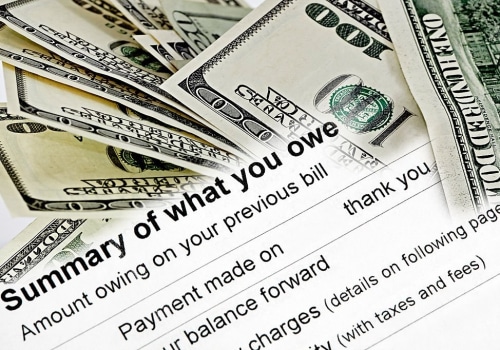An IRS lien allows for the legal seizure of your property to satisfy a tax debt. You can garnish salaries, deposit money in your bank or other financial account, seize and sell your vehicle (s), real estate and other personal property. A garnishment is a legal seizure of your property to satisfy a tax debt. A lien is a legal claim against property to ensure payment of the tax debt, while a lien actually takes the property to satisfy the tax debt.
Tax Wage Garnishment The wage garnishment is a common form of tax levy. When your salary is charged, your employer must withhold a specific percentage of your salary and send it to the IRS to pay your tax debt. Usually, your employer will have a full pay period after receiving the tax notification before you must begin complying with the IRS. The wage garnishment rate will remain in effect until the debt is paid or another resolution has been negotiated.
If this is the first time your salary has been garnished, you are protected by the Consumer Credit Protection Act. The law prohibits employers from firing employees for wage garnishments for the first time. A garnishment is a legal seizure of your property to pay a tax debt. When the IRS issues a tax, it can garnish your salaries, funds in your bank account, Social Security benefits, retirement income, and personal property, such as cars, boats, and real estate.
The Federal Tax Lien Notice will be collected by various credit reporting agencies and will cause significant credit problems. If you own real estate and try to sell it, the principal of your property will be paid to the IRS. However, the tax levy doesn't withdraw money from your bank account. A tax lien is a seizure of assets.
You can check your bank balance and find that the findings are gone, or you can receive a paycheck and discover that the IRS has taken half of your earnings. If you don't resolve your tax debt, we can proceed with a collection action, including the delivery of a fee.



